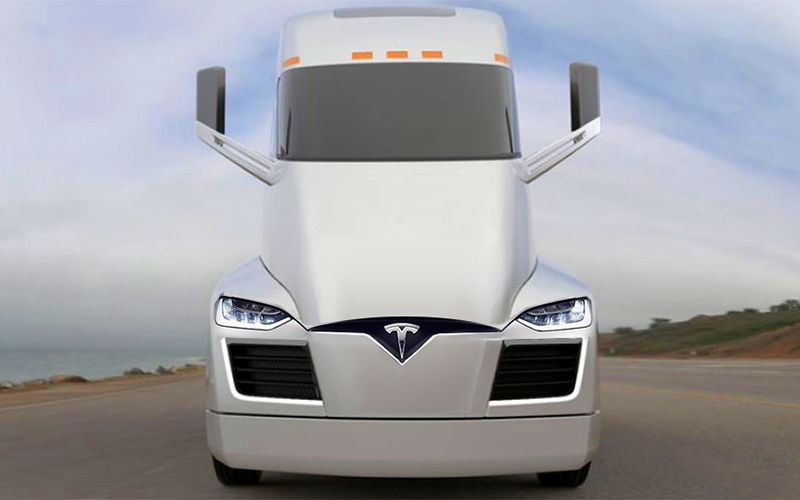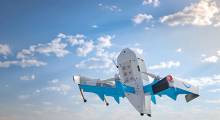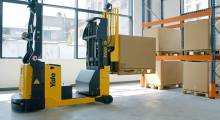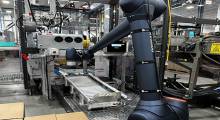It started out as a company that moves people on the ground.
Then Uber began delivering food on the ground with its UberEATS service.
Two days ago at the Nantucket Project, chief product officer Jeff Holden laid out his audacious plans to enter the short-haul flying business.
Today, it's long-haul freight trucking.
Uber acquired self-driving lorry startup Otto this summer in a deal worth up to $680 million and it plans to put the company to work next year.
That’s according to comments from Otto co-founder Lior Ron, who told Reuters that Otto will enter the long-haul freight business in 2017.
To recap, Otto’s technology allows existing trucks to be ‘retrofitted’ with self-driving technology which can handle driving on U.S. highways. It doesn’t entirely automate the process since human drivers are needed to negotiating coming on and off highways, but the technology may enable drivers to rest more and make their deliveries faster in the future.
The technology remains under development, but with Uber’s considerable resources now on board, Lior and his team aim to begin working with warehouses and stores to partially automate the driving process and generally improve efficiency.
“In Uber, you press a button and an Uber shows up after three minutes,” Ron told Reuters.
“In freight … the golden standard is that it takes (the broker) five hours of phone calls to find your truck. That’s how efficient the industry is today.”
Uber aims to ultimately transform the competitive and fragmented $700 billion-a-year trucking industry, which is notorious for low margins.
The company is challenging a host of established players, ranging from publicly traded companies, such as third-party logistics firms C.H. Robinson and XPO Logistics, to countless mom-and-pop trucking businesses.
Uber is fast diversifying beyond its core business of transportation. Uber Eats, its food delivery business, is projected to grow massively worldwide with launches planned in at least 22 new countries, but experts Reuters talked to are more skeptical of its move into freight.
For now though, Lior and his team are engaged in conversations with potential partners. The company plans to more than double its current fleet of six trucks to kick things off.
Related: Tesla Developing a Fleet of Autonomous Semi Trucks

Article topics
Email Sign Up


















